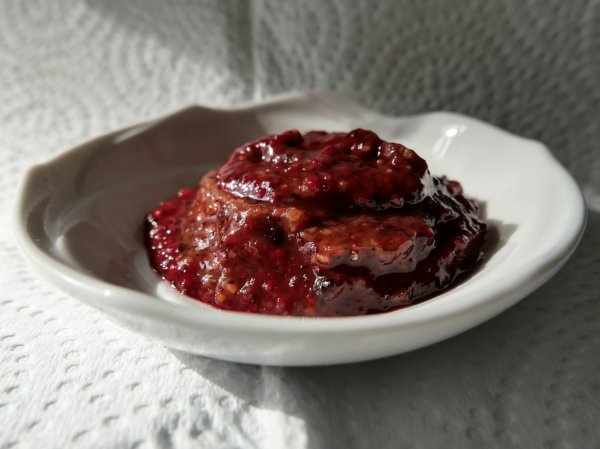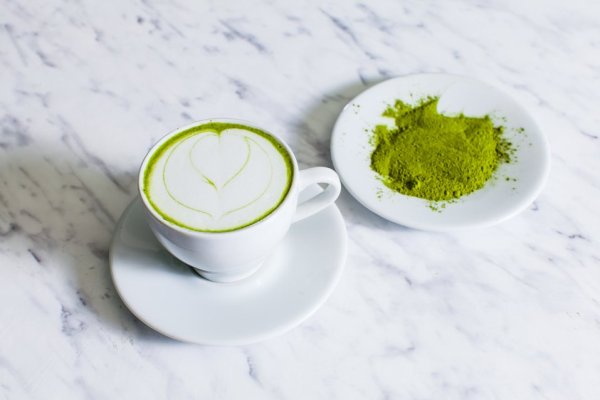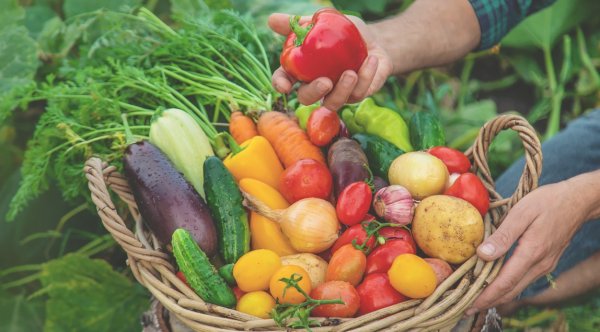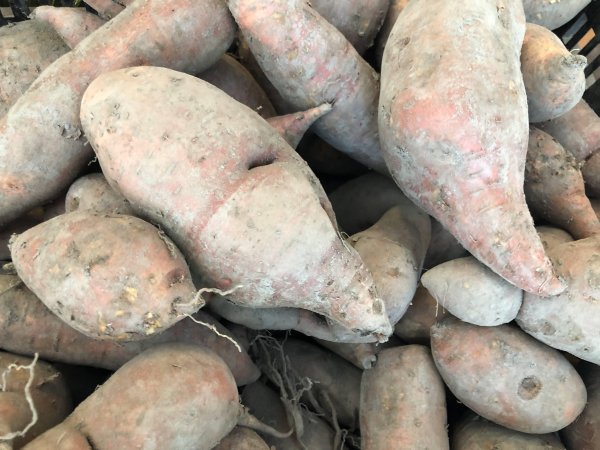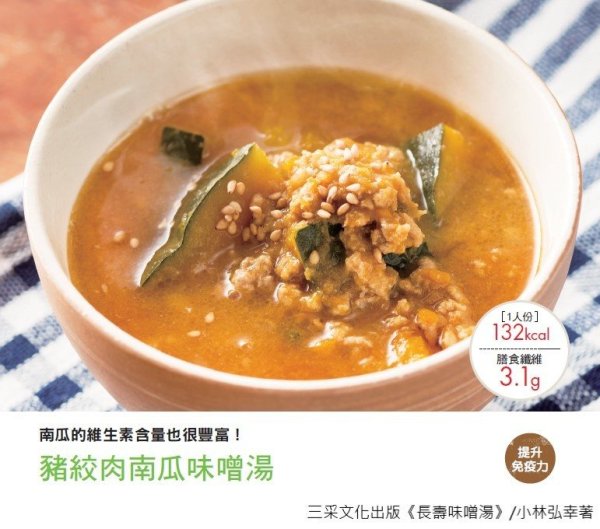Talk about food / red stew The deliciousness after drinking

One of the dishes I most look forward to when I went back to my wife's house was the red stew cooked by my mother-in-law. The sauce was filled with meat on the white rice, with shiny red and light koji aroma. I was so excited that I could stew the rice with big mouthfuls, and then served with stir-fried plum sauce and marinated high-alkali vegetables, so I didn't change the wings.
The granola is the residue left after wine with koji and rice crops, "Chu Yuan". "When everyone is drunk, why don't you eat lees and drink lees?" Why didn't you eat lees and drink lees like everyone else, and go away from the crowd? It can be seen that lees were eaten as early as the pre-Qin period.
The ingredients of wine lees can help prevent food from being corroded and add to the aroma of wine. The poets of the Song Dynasty who love to eat even sings to cook rare ingredients with wine lees. Su Zhen said, "The red lees are sent to the lees" and Yang Wanli "The bear's paw is peeled and the skin is peeled". The lees and bear's paws are all in the mouth. The lees are even more popular. The lees are even more popular. The lees are so delicious that the lees are forgotten.
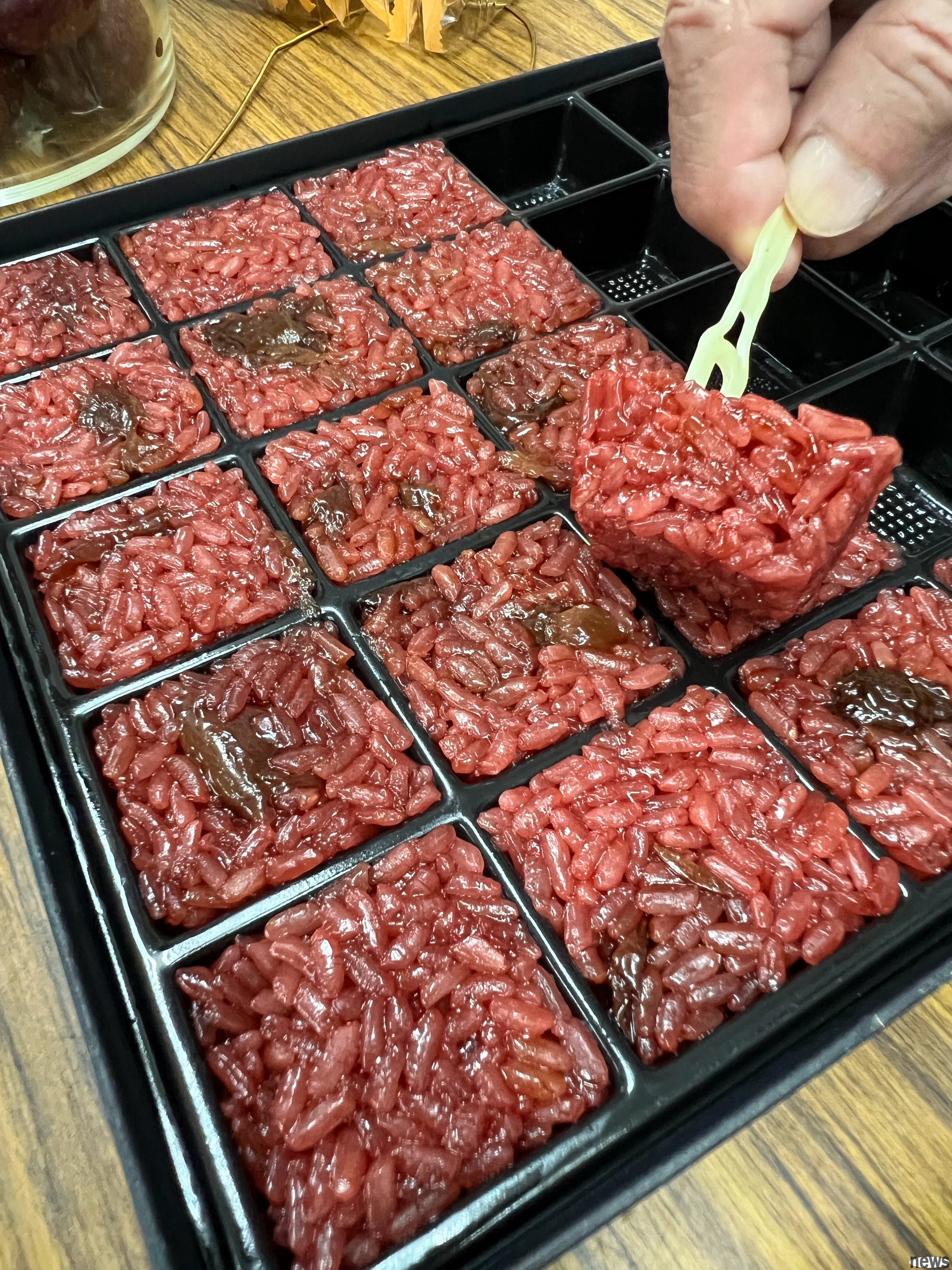
The earliest staple food in northern China was millet and rice. The culture of rice and red koji wine "red koji wine-red koji wine-red koji wine" was gradually developed in the Song Dynasty, which was transformed south by the political center. The Northern Song Dynasty's "Qing Yi Records". "Bone Wine" is the first record of boiling meat with red stew in China. "Boil (mutton) meat with red stew, roll the stone town tightly, penetrate deep into the wine bones, and cut it as thin as paper." The color is red, the meat is tight, the slices are thin, and the stew is fragrant, and the ancients really enjoy it.
The production of red koji was transferred to Fujian by the Qing Dynasty. The red koji became the specialty of the koji. In the Qing Dynasty, immigrated to Taiwan to live in customs. For example, red koji, red rice cakes, red koji, old red wine, etc. were all made of red koji, which also caused the government to worry that rice was moved to produce red koji, which would cause food crisis.
The "General Study on Imperial Culture of the Qing Dynasty" records that in the 14th year of Yongzheng, "the price of rice is scattered by koji … … for every more red koji is made, it is profitable to make red rice in Taiwan (referring to Taiwan). Although many people who use the food ban without profit still do not follow the rules, please exempt people from banning the ban on scattered use of the people. If most people use it for shipbuilding and decoration, they will be prohibited. Fortunately, the Qing government's ban on red koji excludes the use of red koji by the people themselves, so that Taiwanese people can still use it conveniently.
Another political impact was the winemaking tax and wine sales system that began during the Japanese reign. In the early days of the Japanese reign, Taiwanese people worshipped local old red wine as a popular place. "The Old Man in Qingyuan" Huang Qing established a company in New Taipei Shulin to make wine with red koji, and left the poem "Leave red wine in the Shulin, and the flowers are drunk together to enter the spring". Shulin became the "old town of red dew wine", and the red koji culture is still inherited every year.
The Japanese implemented winemaking tax in 1907, and the old red wine merchant was still there. Yilan Shi Lin Qingyun and others established Yilan winemaking company in 1909 to produce it. The "father of Taiwan's new cultural movement" Yilan also obtained the agency rights of the old red wine in Yilan, the hometown of Yilan, and introduced it to Dadaocheng, Taipei for sale. Later, it was renamed Red Lotus Wine in 1946. In 2006, Yilan County residents designated Red Lotus Wine as County Wine through a referendum.
In 1922, the Japanese government further implemented special wine sales, controlled koji and banned private wine. The National Government continued to implement it until 2002. Wang Linglong had explored that the price of old red wine rose and the quality declined after the special wine sale, which led to the public gradually releasing red wine toast and toast, and the improvement of food, etc., and the red koji was used to adopt cheaper rice wine. Because red roe and peach dyed can only be replaced by dyed plants such as red rice, which led to a change in the cultural quality of red koji.
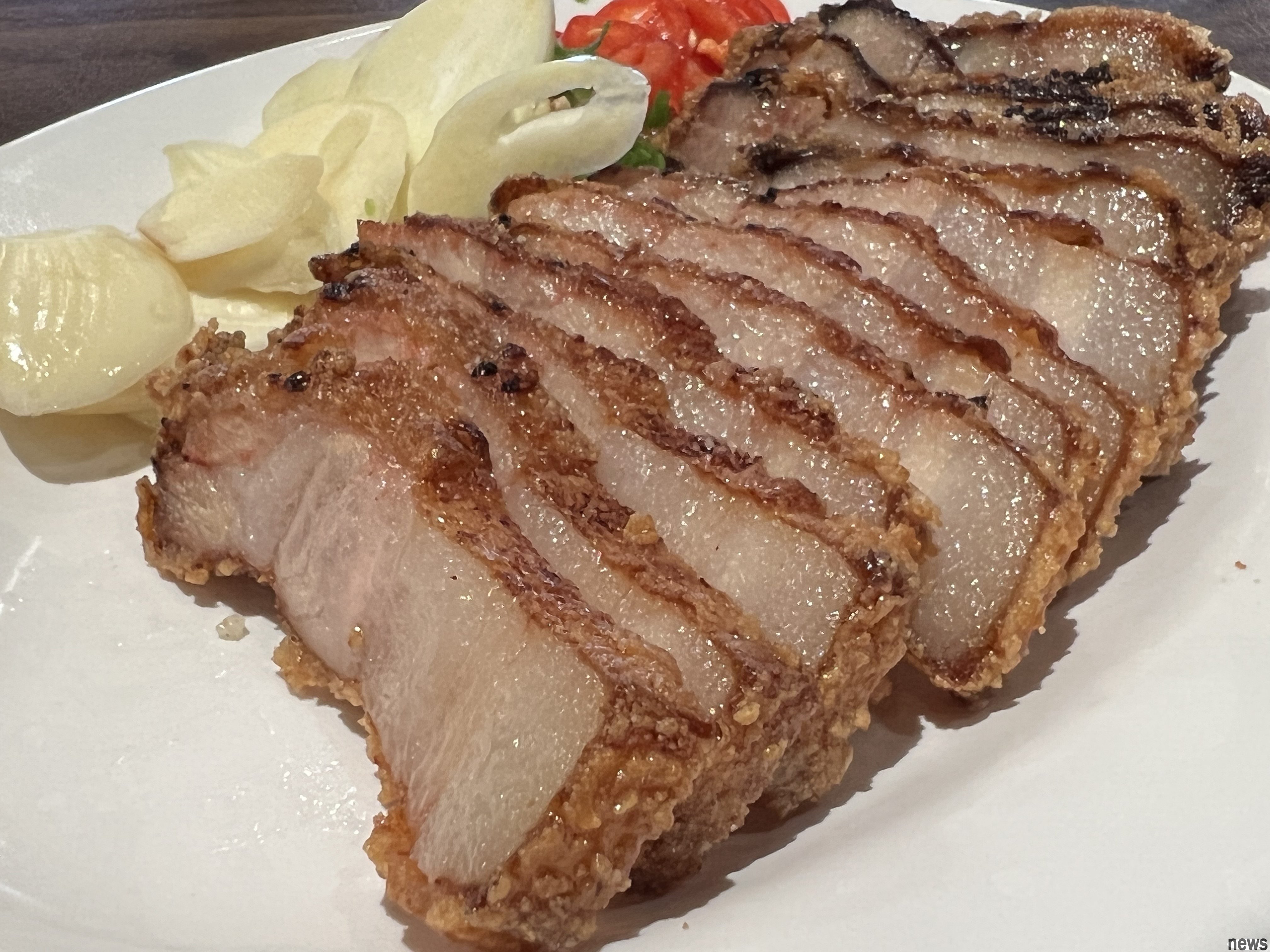
My favorite red terrible dish is red terrible and red terrible. There are two ways to make red stews. They are used to marinate the pork with red stews, and then fry or cook them. Perhaps because of the similar Chinese pronunciations, they are often mistakenly written by merchants as red "burn" meat. If they are "burn" (sio) and "grann" (tsao) in Taiwanese, it is not easy to make mistakes.
Red stews are often mistakenly called red stews. Cut the fish (mainly gray sea stews) and marinate them with red stews and fry them in powder. Jiao Tong believes that this is a dish developed by Taiwan's foreign industry, gradually becoming a typical Taiwanese dish. When consumed, add cabbage to boil. The cabbage absorbs the fat fragrance of fried fish pieces, making it a good warm-up item in the cold winter.
Red stews were originally the "drinks" of wine and were combined with stews and called "breasts". However, under the wisdom of our ancestors cherishing things, they have evolved into delicious food. In recent years, they have become popular because of their fertile style and fish. The red stew processed products are red and hot.
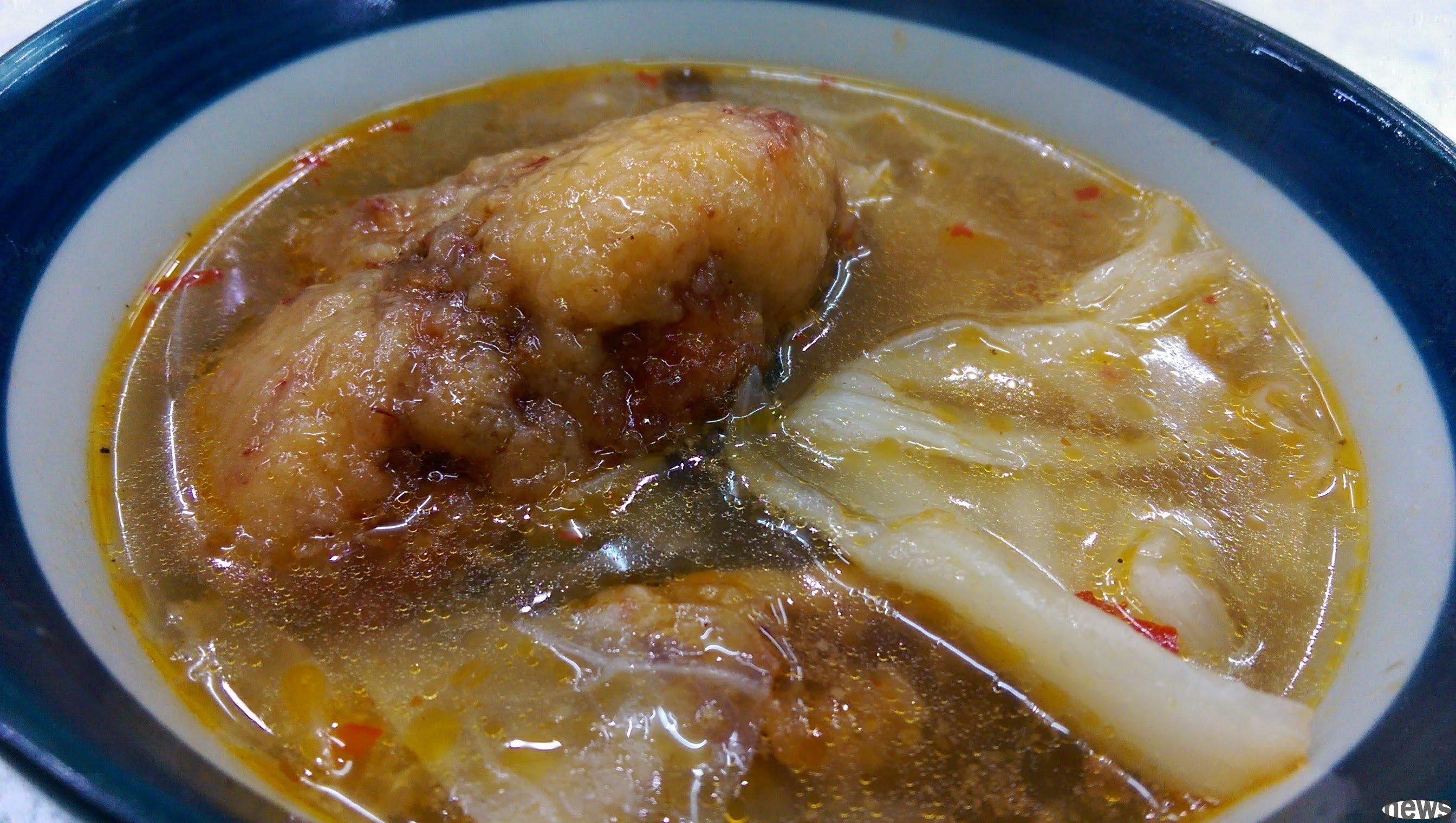
"Youth loves the third line of roads/roads are often rusty/it is best to drink. Friends are here. There are girls who come and eat red dew." Chen Daru's "Smoking and Wine Song" was sung for a while, describing the lives of the people in the basic level of Taiwan after the Second War.
Red Dew wine is now the wine of the common people, and the red stew cooking is the taste of many people's homeland. "A wife of stew cannot leave the court, and a friend of the rich must not be forgotten." Feel, friends, let's eat red stew.







